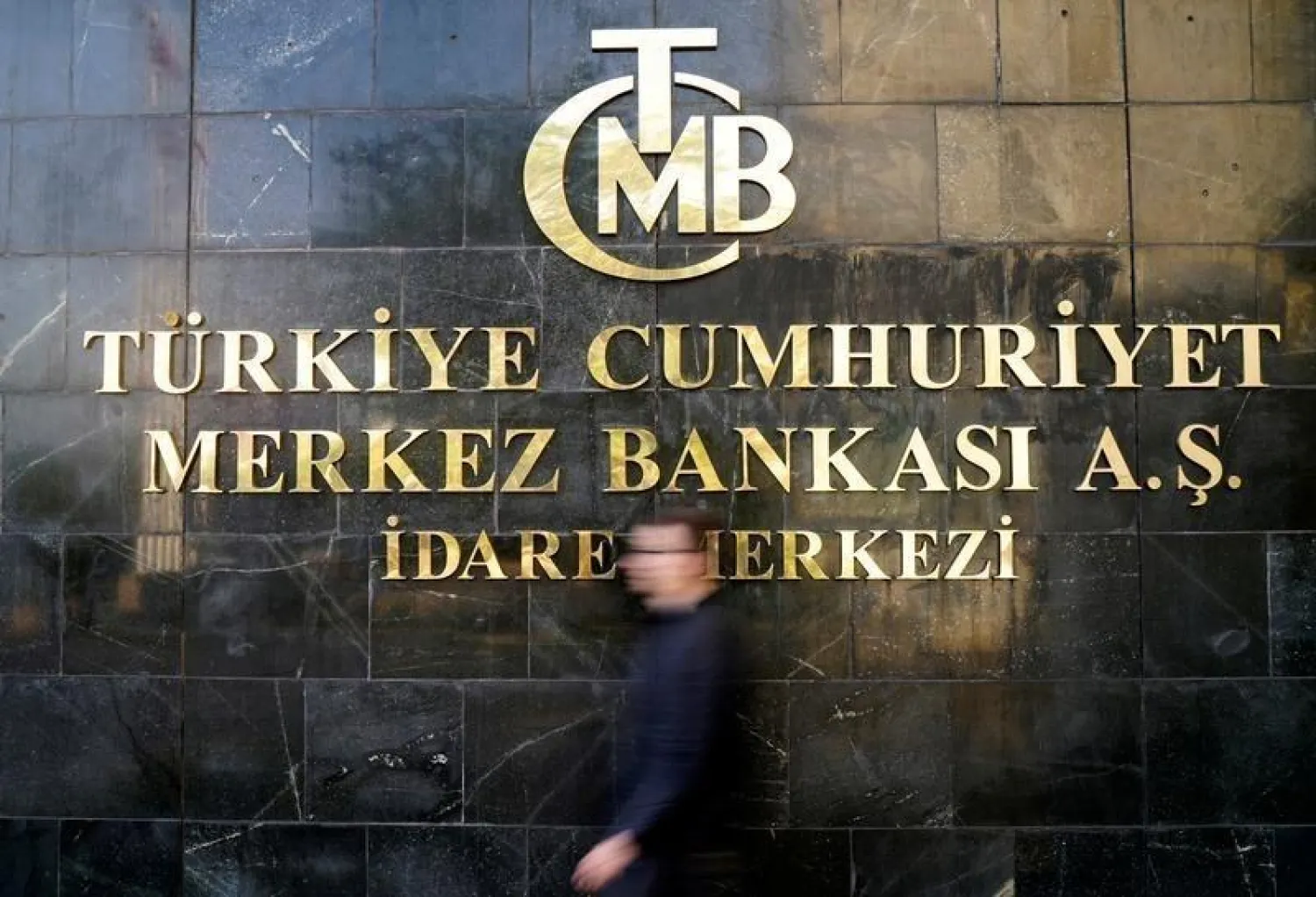Turkey's central bank expects economic growth to remain robust in the third quarter following a 5.1 percent growth rate in the second quarter -- Monetary Policy Committee decided to keep short-term interest rates steady.
The one-week repo rate, also known as the bank's policy rate, stayed at eight percent while the marginal funding and overnight borrowing rates also held at 9.25 and 7.25 percent respectively. The bank also kept late liquidity window interest rates steady – the borrowing rate at zero percent, and the lending rate at 12.25 percent.
The committee noted that July’s industrial production data and the Purchasing Managers' Index (PMI) data for August signal stronger growth in the third quarter compared to the previous one.
Turkey's industrial production increased by 14.5 percent in July 2017 compared to the same month last year, according to the Turkish Statistical Institute (TurkStat). Turkey’s PMI also stood at 55.3 points in August, hitting its highest level since March 2011.
“Not only the manufacturing industry but also services, retail trade, and construction saw strengthening activity recently. Accordingly, economic recovery appears to be more widespread across sectors,” it remarked.
The committee said that a similar outlook was also valid for demand indicators and domestic demand is likely to contribute more to growth in the next quarter. “In short, recently released data indicate that the recovery in economic activity has gained strength,” it underlined.
International credit rating agencies, Fitch and Moody’s in the lead, expected the economic growth to continue to increase. Fitch experts said that Turkey’s growth would reach 4.7 percent by end of the year based on the rise in rates to 5 percent and 5.1 percent in the first and second quarters, respectively.









